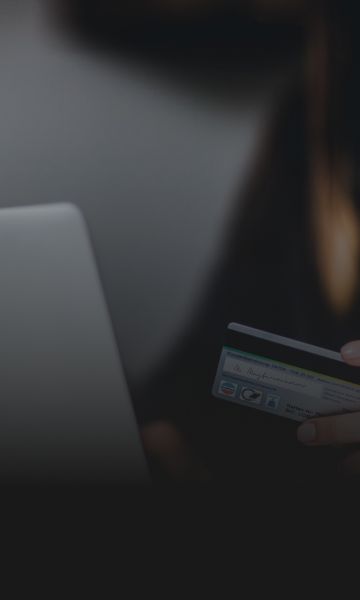Credit Protection
Cyberior’s credit monitoring alerts you in case of any suspicious activity or change in on your credit report which helps you to protect your credit worthiness and financial reputation.


How identity theft affects your credit score?
An identity thief takes out a loan in your name, with no intention to pay off the debt. Thus, thief racks up debt and leaves you to pick up the pieces. In many cases, you do not even realize an identity thief is stealing your information until you hear from a collection agency about owing money. By that time, your credit score has surely already taken a hit.
Your credit score is your key to appearing as a responsible citizen to a lender. An identity thief’s actions can stamp negative information on to your credit report, which then drops your credit score and limits your ability to qualify for loans.
In which way identity theft impacts your credit report and credit score?
-
New credit inquiries:
Every time an identity thief applies for credit under your name, the lender is likely to look at your credit report. These credit inquiries appear on your credit report, and they usually drop your credit score by a couple of points.
-
New loans or new credit cards:
Brand new loans or credit card accounts opened by an identity thief do not necessarily hurt your credit. However, when those accounts become delinquent because the thief fails to pay the bill, your credit score drops every time a month of missed payments goes by.
-
Collections accounts:
After a certain time frame, lenders turn any unpaid debt over to a collection agency. When this occurs, a collection account shows up on your credit report. That has a highly detrimental effect on your credit score.
-
Higher debt & credit utilization:
Aside from payment history, another major piece of your credit score is how much debt you carry. If a thief adds charges to your accounts that go unnoticed, a rising debt amount can decline your credit score. Extra damage can result from increased credit utilization. The greater the percentage of your available credit that you use, the higher your credit utilization and thus the more it can affect your credit score.
-
Unpaid cell phone bills / utility bills:
When an identity thief starts a phone plan or house utility with your personal information and fails to pay the bills, those providers will probably report the missed payments to the credit bureaus. This causes a negative account to show up on your credit report, which damages your score. Identity thieves can also drain bank accounts, leaving the victim with no way to pay rent, mortgages, car payments, credit cards, or other bills.
How Cyberior protects?
Cyberior’s credit monitoring system helps protect your credit worthiness and financial reputation. By constantly scanning and monitoring your key information, Cyberior safeguards your digital and financial assets. Cyberior detects risk at an early stage by constantly tracking your activities and risk level and alerts you instantly in case of potential fraud. Cyberior also helps you to restore your digital identity and reimburse to recover the loss, in case you fall victim.
